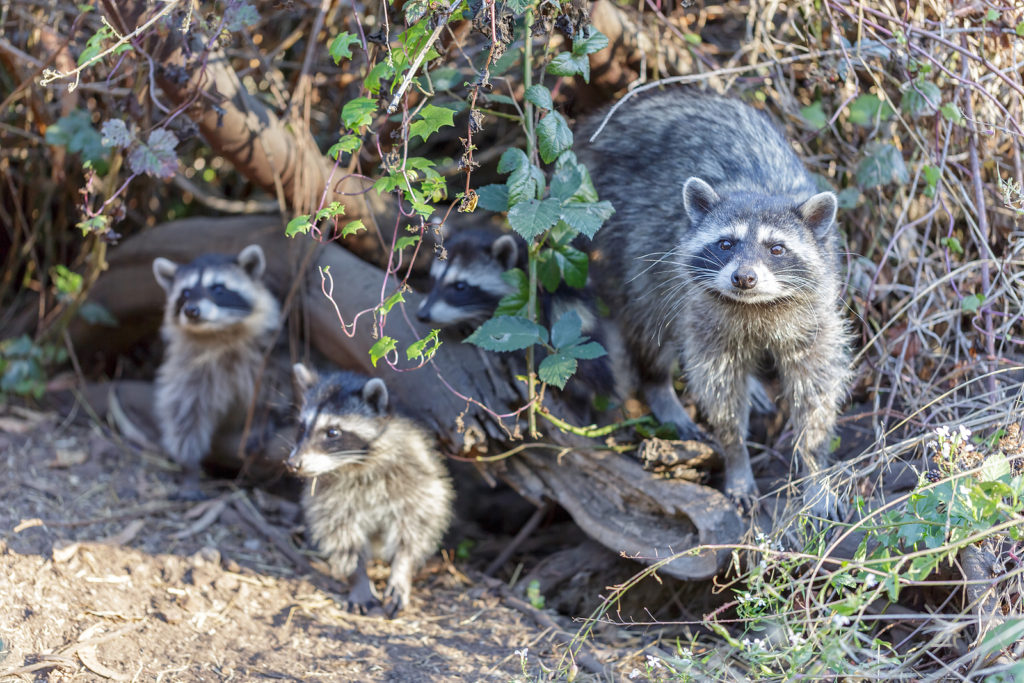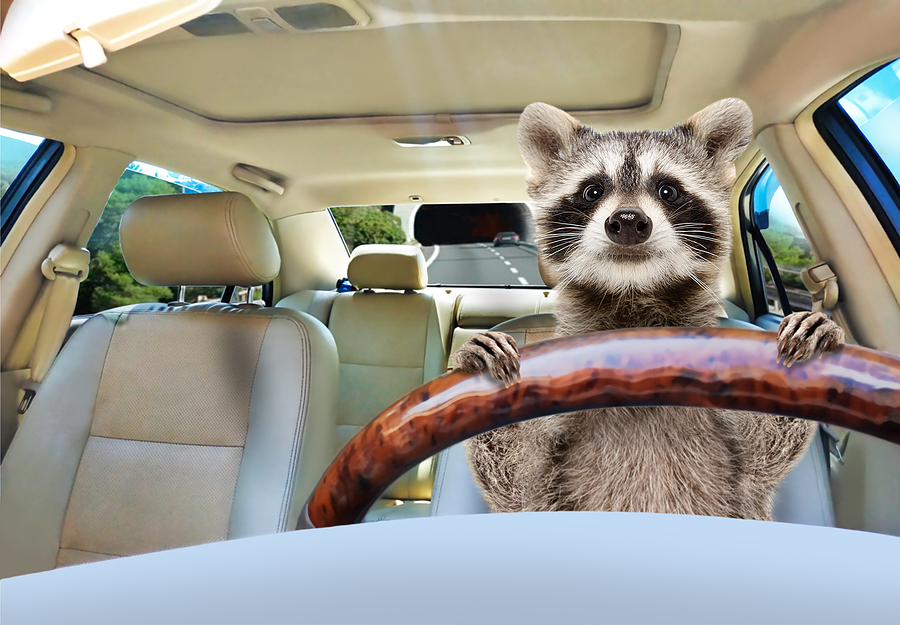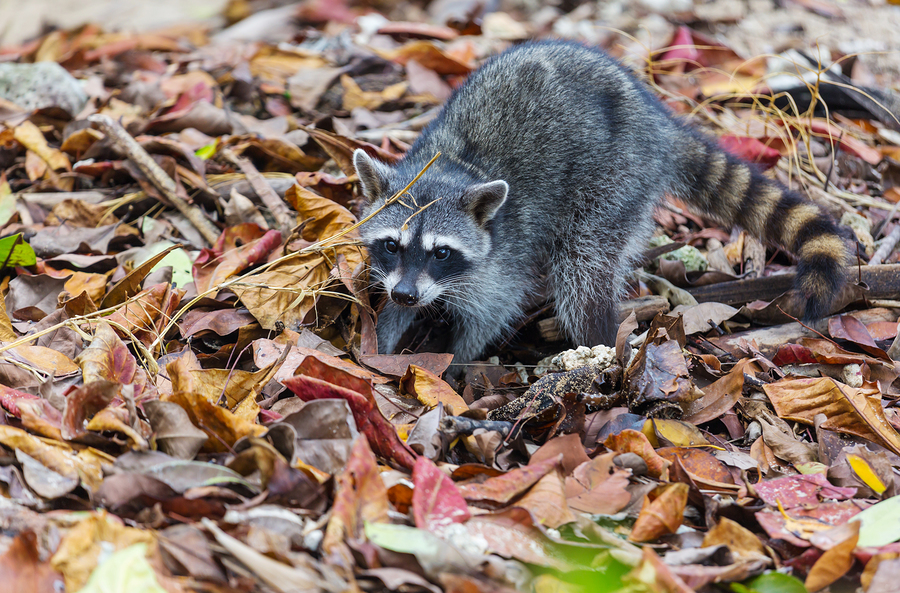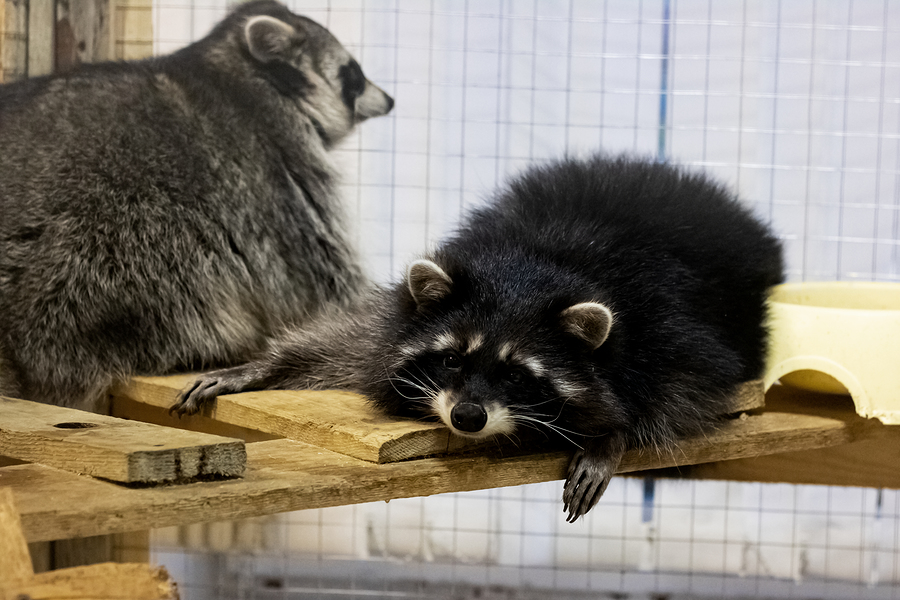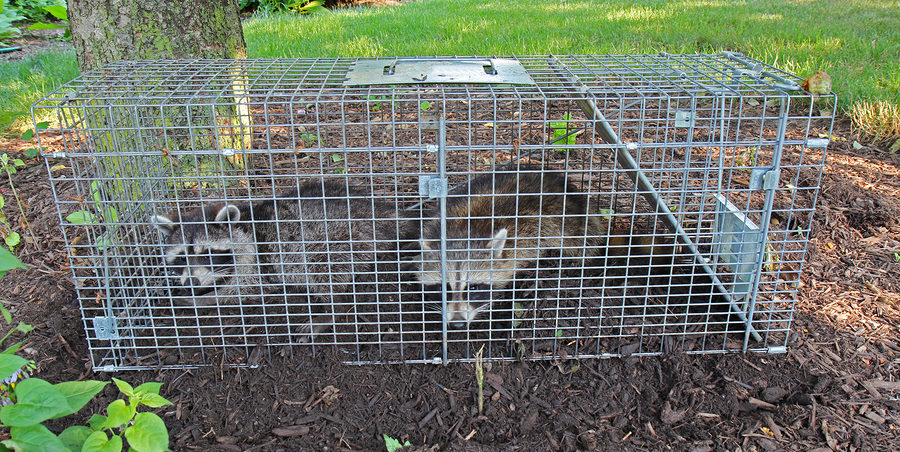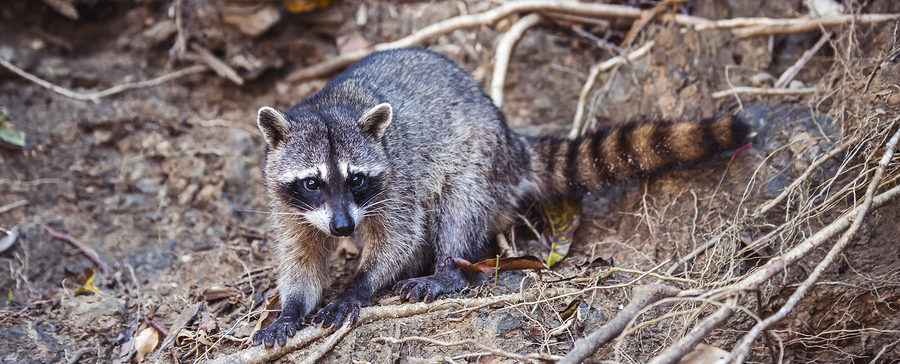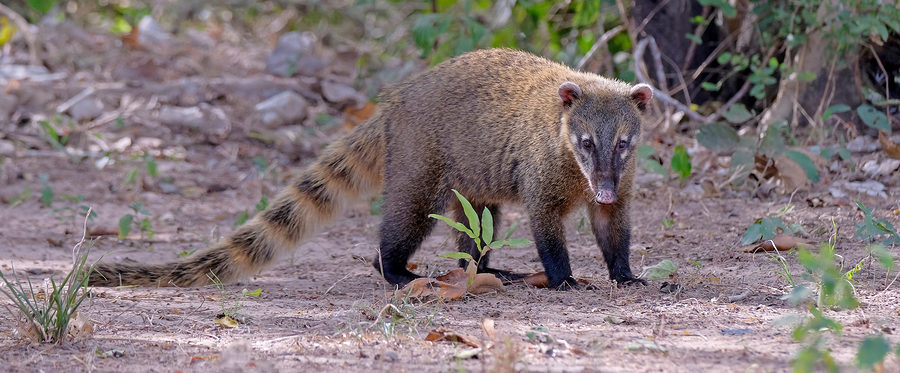You thought raccoons were active at night, being that they are a nocturnal species; right? And now you are seeing then around your property during the day and wondering why? Well, you are not alone. Many people tend to assume that if a raccoon is spotted in the daytime, it must be infected with Rabies or some other illness. This is due to common knowledge that raccoons are nocturnal mammals, meaning they sleep during the day and are active at night.
For once, this particular theory is one of the few times where public assumption is actually right! Not in all cases, but in many, a raccoon that is seen outside during the day is most likely sick or infected. This does not mean that the raccoon necessarily has the Rabies virus, but it can mean that it is infected with another type of communicable diseases or illnesses. Raccoons are infected with any type of disease exhibit very unusual and erratic behaviors, and daytime walking is one of them.
Continue reading to learn more about raccoons and rabies, and what to do if you are seeing raccoons on your property during the day.

Not All Raccoons Have Rabies, But Be Careful Anyway
Just because you see a raccoon out during the day does not mean it is necessarily sick or infected with the Rabies virus. Yes, in many cases a raccoon seen wondering about during the day is generally sick or confused. On the other hand, there are many circumstances explaining why raccoons might be out during the day instead of the night. These are important to know so that you have peace of mind if you ever encounter a raccoon on your property during the day.
It is important to remain calm and not be frightened by the raccoon. A startled raccoon could be provoked to attack or become aggressive in order to defend itself or its young. If you ever spotter raccoon on your property, contact a local raccoon control and prevention service immediately for professional service and assistance. Let’s discuss some additional reasons why raccoons might be out during the daytime even though they are nocturnal creatures.
Expected Raccoon Behavior
Raccoons, although nocturnal, are commonly seen searching for food and drink during the day. You can expect to nocturnal animal to sleep from dusk until dawn every single night! They must find other things to do besides sleep for 12 hours. They use the early-morning hours and dusk hours to hunt for insects, small birds, fish, garbage and leftovers, freshwater, and potential shelter for the night. This is very common behavior for wild raccoons. This is another reason to not be startled when you encounter a raccoon on your property during the day. Instead of being infected with rabies, they might just be thirsty and hungry.
For female raccoons that are nursing their young, daytime hours can be highly beneficial. They use these hours to hunt and gather extra food and nutrients for themselves and their young. When nursing, female raccoons require a higher amount of nourishment and nutrition. They can get access to this extra sustenance during the early morning hours and dusk as well.
How to Get Rid of Raccoons in Indianapolis
Call 317-535-4605 for professional raccoon removal and control in Indianapolis, Indiana and its surrounding counties. We are DNR licensed and insured wildlife control specialists that offer a wide range of affordable animal removal services for commercial and residential properties. Get started by requesting a free estimate, today.



